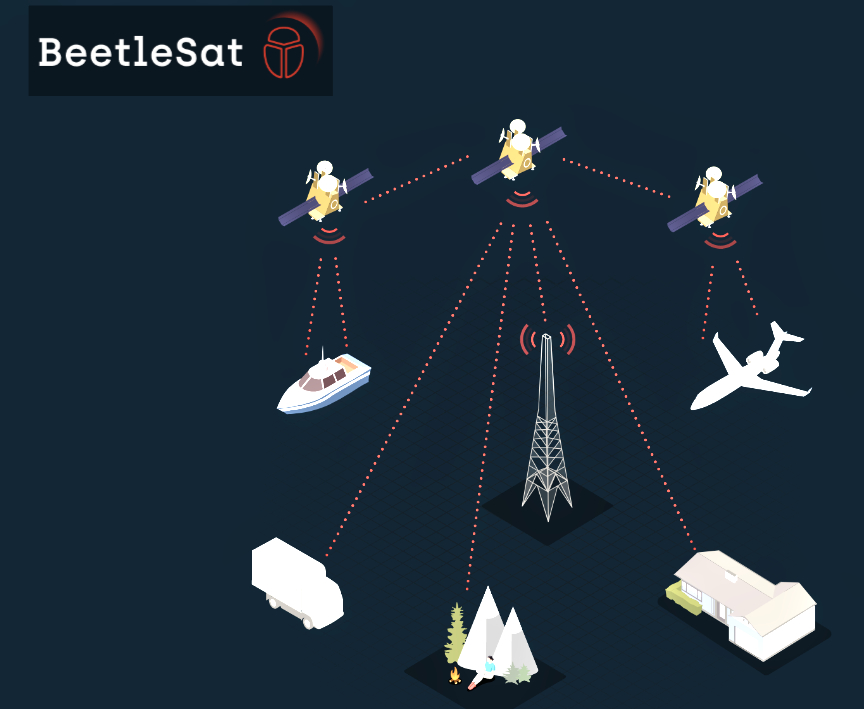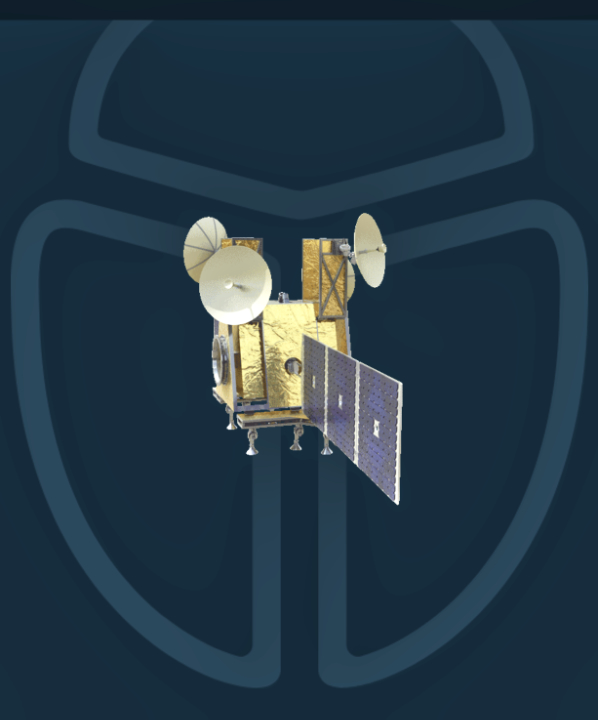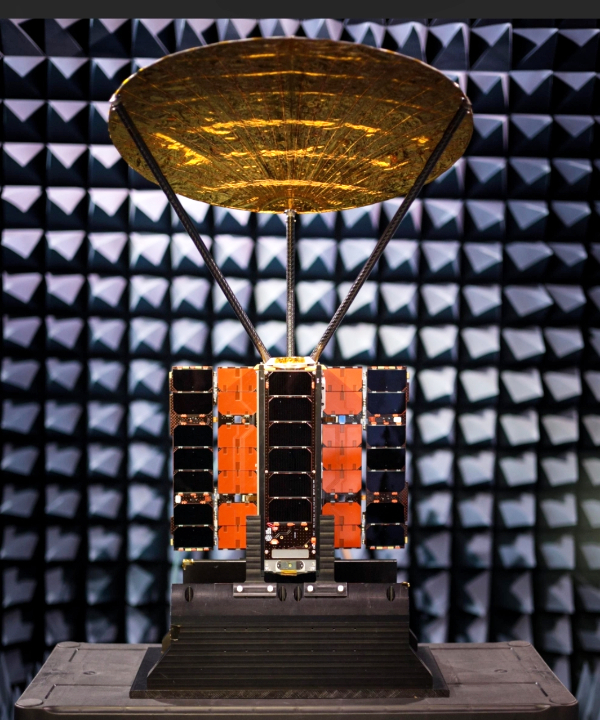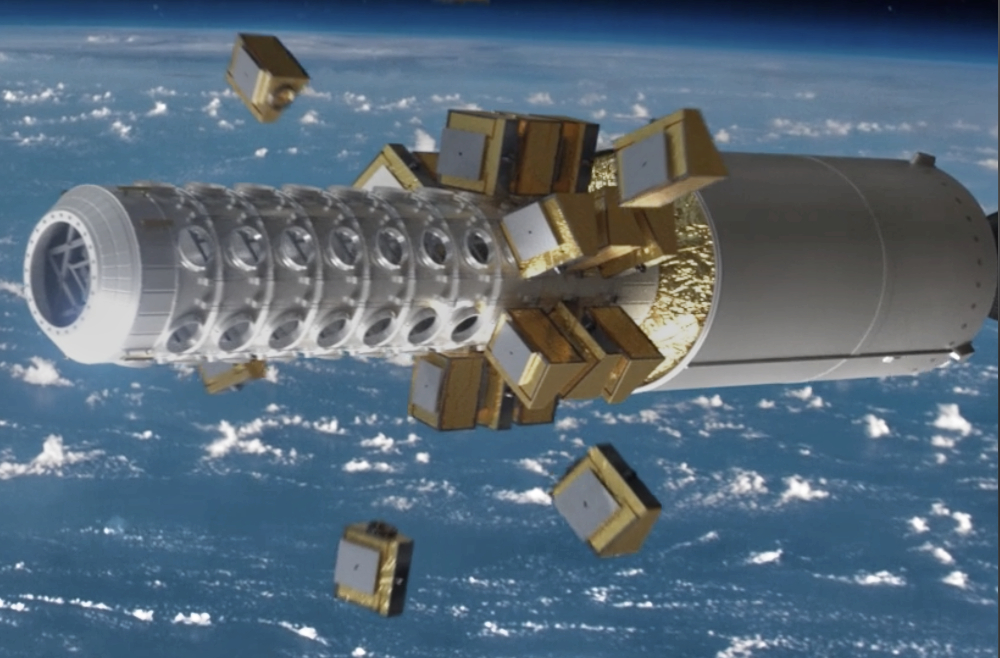
BeetleSat, formerly known as NSLComm, has announced the successful launch of their second smallsat from Cape Canaveral, Florida onboard a SpaceX Falcon 9 rocket.

Now in SSO at 550 km altitude, this nanosatellite will provide BeetleSat’s public sector customer with store and forward, very high throughput satellite communication services. This launch is another step forward in the firm’s creation of a LEO constellation that will enable secure, low-latency, high-throughput, and cost-effective point-to-point communications from anywhere on Earth.

With a payload designed by BeetleSat, the fully-digital smallsat weighs approximately 9 kg and transmits data at up to 2 Gbps. Using innovative Software Defined Radio (SDR) and a deployable antenna communication payload, the smallsat delivers a bit-rate performance level equal to a much larger satellite at a substantially lower capital expenditure.

BeetleSat’s LEO constellation will provide global and regional satellite operators, mobile network operators, and internet service providers high-quality, global, Ka-band connectivity for commercial and government applications, including point-to-point secure communications, mobility, and cellular backhaul/trunking services.
“Today’s successful launch provides important communication services to one of our public sector clients and marks a meaningful step forward in our mission to become a top LEO constellation operator delivering the highest-quality and most cost-effective satellite-based communication services,” said BeetleSat Executive President, Patricio Northland. “We’re excited to explore new insights from all the data we’ll collect from this mission, but equally important, we’re eager to hear directly from our client how we can further enhance their experience with our company and technology.”
BeetleSat, formerly NSLComm, is a fast-growing, satellite technology startup building a new LEO constellation that delivers exceptionally low-latency, high-throughput and cost-effective point-to-point secure communications, cellular backhaul/trunking, mobility and other services. Comprised of approximately 250 communication satellites, equipped with BeetleSat’s proprietary Ka-band deployable antennas, the groundbreaking constellation promises to revolutionize the way satellite communication networks are designed and operated, providing commercial and public sector customers with truly global Ka-band connectivity, better performance and increased flexibility at a fraction of the cost of traditional systems. Deployed in partnership with ARQUIMEA, and with service to commence in 2026, BeetleSat’s constellation will provide a premium complementary LEO layer for terrestrial and MEO/GEO networks suitable for global and regional operators and telecom service providers looking to enhance their existing solutions.
